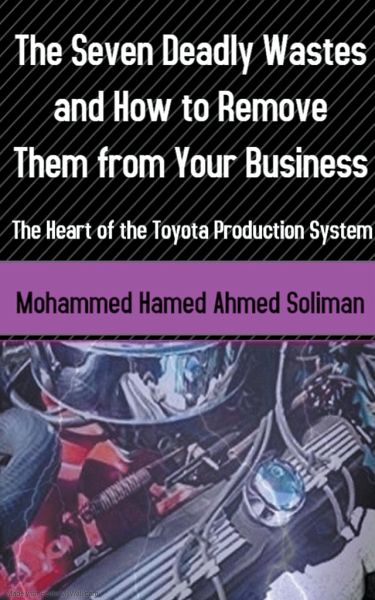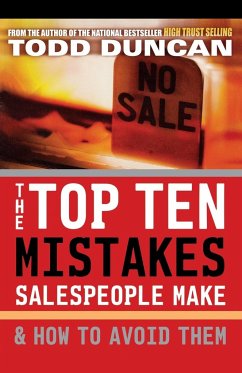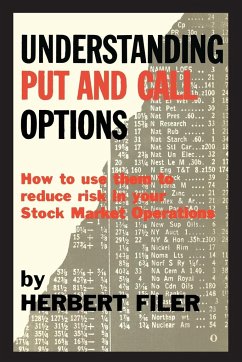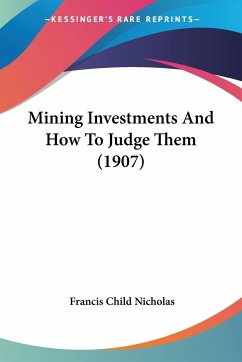Nicht lieferbar

The Seven Deadly Wastes and How to Remove Them from Your Business
The Heart of the Toyota Production System
Versandkostenfrei!
Nicht lieferbar
Waste is anything that uses resources but offers the customer nothing in return. Most activities are waste, or "muda," and can be divided into two categories. Although type one muda does not provide value, it is inescapable given the production assets and technologies available today. An illustration would be checking welds for safety, that type we also call necessary non value-added activity. Type two muda does not add value and can be quickly eliminated. An illustration is a process in a process village with disconnected phases that may be swiftly converted into a cell where unnecessary mate...
Waste is anything that uses resources but offers the customer nothing in return. Most activities are waste, or "muda," and can be divided into two categories. Although type one muda does not provide value, it is inescapable given the production assets and technologies available today. An illustration would be checking welds for safety, that type we also call necessary non value-added activity. Type two muda does not add value and can be quickly eliminated. An illustration is a process in a process village with disconnected phases that may be swiftly converted into a cell where unnecessary material moves and inventory are no longer necessary. A very small portion of all value-stream activities truly generate value as perceived by the client. The most effective way to boost business performance is to stop doing the numerous unnecessary things. In order to cut costs during the economic downturn, many businesses are implementing abstinence policies. This could mean laying off workers and cutting some wages. In fact, those actions might only work for a short time.Unless the company implements a culture of continuous improvement and alters its method of operation, the situation may recur and become even worse. This brings us back to the purpose for which the Toyota production system was developed.












